Conference program
Keynote speakers and presentations. Panel & Forum
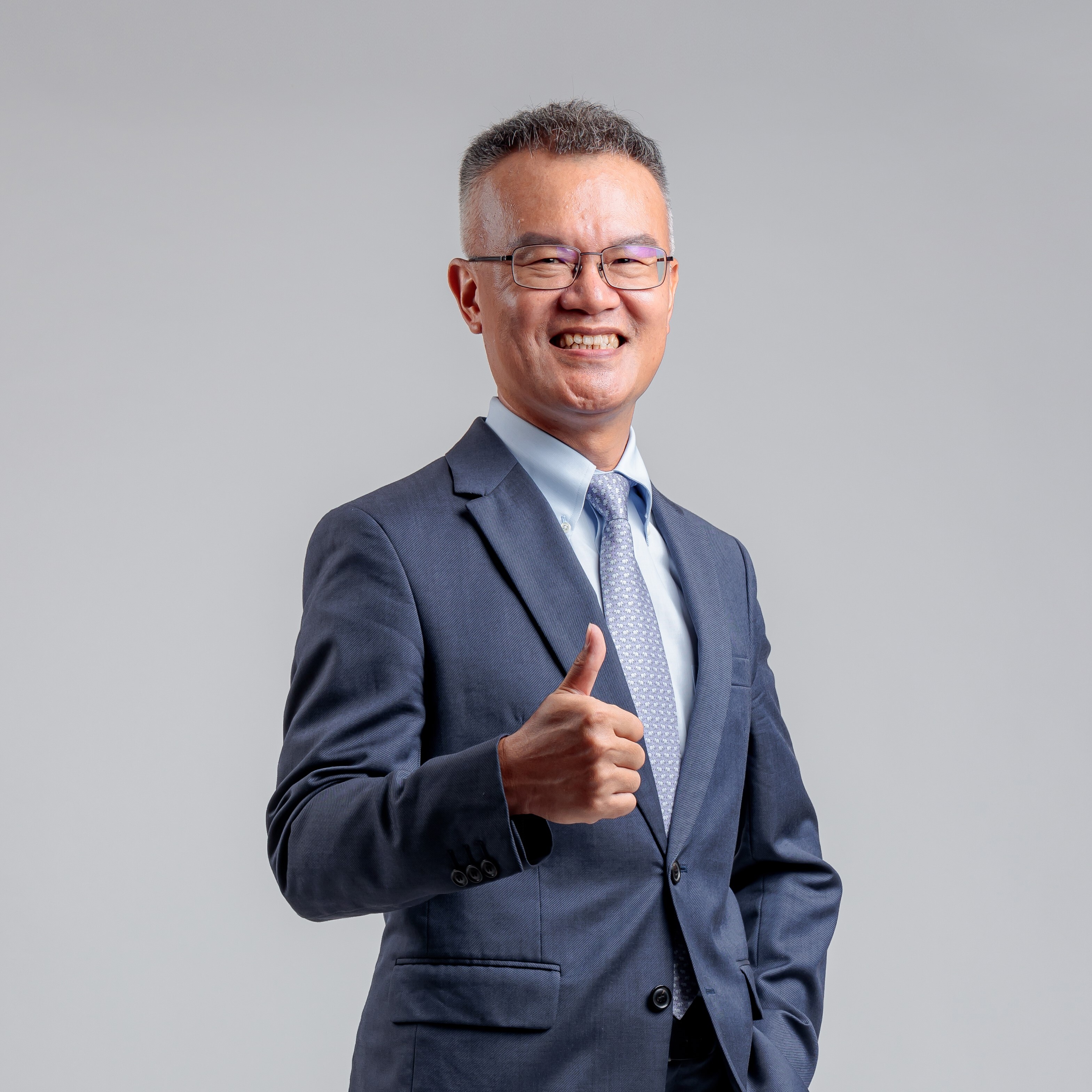
Dr. Chen-Fu Chien is Tsinghua Chair
Professor and Executive Vice President, National
Tsing Hua University, Taiwan. He is President-Elect of Asia Pacific Industrial
Engineering & Management Systems Society. He has
been the Director of Artificial Intelligence for
Intelligent Manufacturing Systems (AIMS) Research Center that is a national AI
centers in Taiwan. He received Ph.D. of Decision Sciences and Operations
Research at UW-Madison. From 2005 to 2008, he had been on-leave as the Deputy
Director of Industrial Engineering Division in Taiwan Semiconductor
Manufacturing Company. He has received 12 USA invention patents on intelligent
manufacturing and published 6 books, 12 case studies in Harvard Business School,
and more than 220 journal papers with Google citation number over 9390 and H-index
49. He has been listed as Top 2% Scientists. He is a Fellow of APIEMS, CIIE,
and CSMOT. Dr. Chien received the National Quality Award, the Executive Yuan
Award for Outstanding Science & Technology, Distinguished Research Awards
from NSTC, Distinguished University-Industry Collaborative Research Award from
the Ministry of Education, University Industrial Contribution Awards from the
Ministry of Economic Affairs, 2011 Best Paper Award of IEEE Transactions on Automation Science and Engineering, and 2015
Best Paper Award of IEEE Transactions on Semiconductor
Manufacturing.
Modeling and analysis to empower digital decisions for smart semiconductor manufacturing
Focusing
on realistic needs to empower smart production for semiconductor manufacturing,
we have conducted many empirical studies with leading companies as
semiconductor industry has been migrating for advanced technologies driven by
Moore’s Law. Global Manufacturing networks are facing disruptive challenges due
to new technologies and solutions such as Big Data, Internet of Things,
artificial intelligence, Cloud, and multimode sensors, in which the paradigms
of production and service are shifting. Semiconductor business ecosystem has
been migrated for coevolution with fast clock speed. Indeed, Industry 3.5 was
proposed as a hybrid strategy between the existing Industry 3.0 and to-be
Industry 4.0 to address fundamental objectives for smart manufacturing while
employing artificial intelligence and big data analytics as disruptive
innovations under the existing infrastructure.
In addition, this study aims to
propose “Blue Lakes Strategy” that is more practical and feasible for sustainable
manufacturing, while Blue Ocean Strategy was proposed to simultaneously strive
for differentiation and low cost via creating a new uncontested market and new
demands. For validation, this speech will introduce a number of empirical
studies to illustrate Industry 3.5 and Blue Lakes Strategy. Furthermore,
collaborative research with leading semiconductor manufacturing companies for
employing smart manufacturing solutions for sustainability and circular economy
will be used for digital transformation and smart sustainable manufacturing. This
talk will conclude with discussion of the implications of Industry 3.5 and Blue
Lakes Strategy as effective alternatives to empower healthy business ecosystem
for the ongoing industrial revolution.
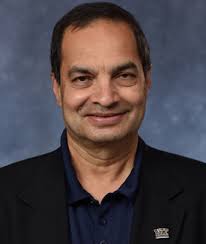
Bopaya Bidanda is the
Ernest Roth Professor of Industrial Engineering at the University of
Pittsburgh, having served 21 years as department chair. He is the Director of the Center for Industry
Studies. Recent books include the Business of Humanity, Virtual
Prototyping & Bio-manufacturing in Medical applications, and the Maynard
Industrial & Systems Engineering Handbook that serves as the
definitive body of knowledge for industrial engineering.
He is a Past President
of the Institute of Industrial & Systems Engineers (IISE) and has
previously served as the President of the Council of Industrial Engineering
Academic Department Heads (CIEADH). Dr. Bidanda is also a member of the ABET
Board (of Delegates) and served on the Executive Committee of the
Engineering Accreditation Commission.
He is a double
Fulbright Awardee in Uruguay (2005) and India (2024) and has delivered keynote
and plenary addresses at conferences in Brazil, Israel, Spain, Turkey, and
India.
His Manufacturing Assistance Center initiative (that has been in operation since 1994) is now in Titusville, PA and with locations in Lagos (Nigeria), and Pauri (India) current becoming operational. The objective of these centers is to provide meaningful careers to the bottom of the socio-economic pyramid to include convicted felons, homeless veterans, etc.
Building Resilience and Advancing
Production & Industrial Engineering Education & Research
This presentation will discuss the changing
landscape of production and industrial engineering education in the United
States today. Against this background,
we will examine faculty roles in engineering education delivery and
implications for engineering educators.
Emerging trends in education including the incorporation of courses with a global context, a focus on human, an emphasis on experiential learning and personal education with flipped classes will be shared. The leveraging of new AI tools into our curriculum will also be discussed. Examples of how personalized education can be incorporated into our curriculum will be presented.
We will also present new and emerging research areas including health systems engineering. As a template, an ongoing project utilizing production/industrial engineers, trauma surgeons, and social scientists that is making a major impact in Kenya will also be detailed. Other ongoing and exciting research projects will also be briefly detailed.
dr. ir. Rob Dekkers is Reader in Industrial Management at the Adam Smith Business
School (University of Glasgow) since 2014.
He holds a MSc in Mechanical Engineering and a PhD from Delft University
of Technology. Before academia, he has
worked as internal consultant and production manager at Philips, and as senior
project manager at AKZO Pharma. In 1992
he joined Delft University of Technology as senior lecturer in the section
Industrial Production and Management (Faculty of Mechanical and Maritime
Engineering). This was followed by a
position as reader at the University of the West of Scotland in 2006. He has been visiting professor at ESC
Grenoble, Heilbronn Business School, Massey University, Radboud University,
Tsing Hua University (Taiwan), University of Lorraine and University of
Malay.
Principal research interests cover systems theories, evolutionary biological models applied to organisations, innovation and technology management, production management and industrial networks. He has (co-) authored more than 200 publications, including papers in academic journals, books, chapters in edited books, reports and proceedings of conferences. He sits on the board of the International Foundation of Production Research and chairs its Doctoral Training and Early Career Researchers Programme.
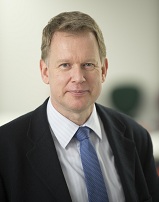
Why
‘Business and Management Studies’ Do Not Get ‘Design and Engineering’?
The domain of production research is a
multidisciplinary hotpot, particularly one where the disciplines of business
and management studies, and design and engineering meet. The practice and thinking of design and engineering
differs from business and management studies, setting the scene for whether the
latter gets the first. The presentation
will go into more detail on what points the disciplines differ, how they
complement each other, and to what extent students and scholars of business and
management studies may struggle to engage with the intricacies of design and
engineering.
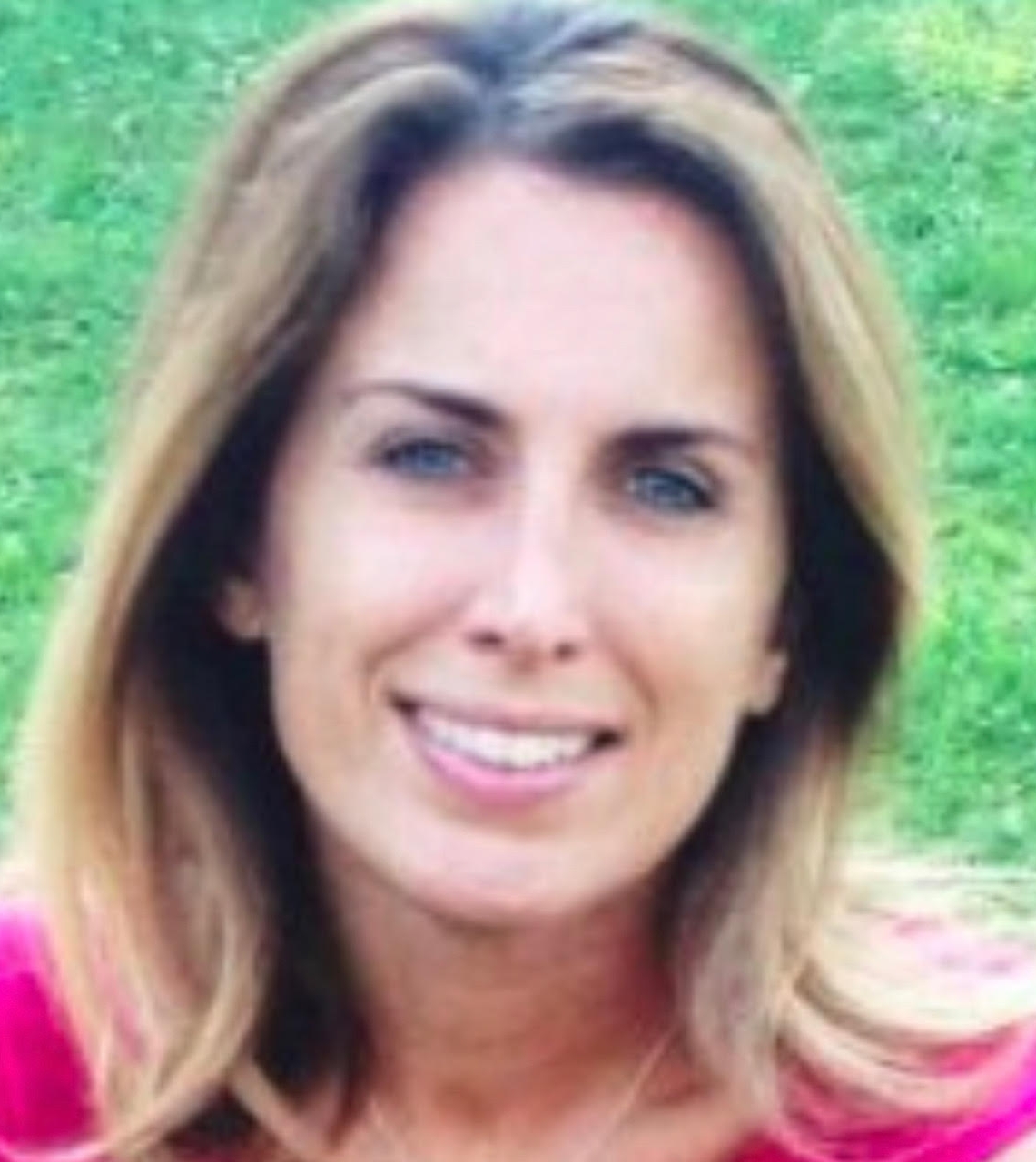
Human digital twins for
resilient manufacturing
systems: insights from
the
MICS Italian project
Daria Battini is a full professor of Industrial Systems Design and Logistics at the University of Padova in Italy. Her extensive research and professional experiences have significantly enhanced knowledge and practice in various fields, including assembly system design and balancing, warehousing and picking systems design, ergonomic design of collaborative manufacturing environment. Daria is a highly accomplished academician with a prolific publishing record of over 150 scientific papers and multiple best-paper awards at leading international conferences. She is an editor of the International Journal of Production Economics since January 2022. She has successfully coordinated several national and international research projects, currently serving as the principal investigator of the H2020 Marie Curie project MAIA, titled "Models and Methods for an Active Ageing Workforce." In addition, Daria is an expert member of the International Standards Organisation (ISO) and an active member of IFAC and Euroma.
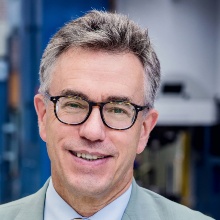
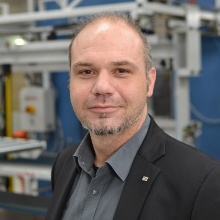
Dr.-Ing. Kim Rouven Riedmüller is senior engineer at the Institute for Metal Forming Technology (IFU) at the University of Stuttgart. He joined the IFU in 2011 as a research associate after completing his diploma in mechanical engineering at the University of Stuttgart. There, he has been head of the "Semi-Solid Forming" department since 2013 and additionally assumed the leadership of the department "Sheet Metal Forming and Cutting Processes" in 2018. In 2018, he also completed his doctoral thesis in mechanical engineer with the topic "Design of a process route for thixoforging of metallic semi-finished tubes taking into account occurring material flows". Since then, he has been responsible for the acquisition, application and coordination of research projects at IFU and has recently started to teach the lecture " Special topics in forming technology considering aspects of sustainability”.
Upcoming legislative regulations in the EU regarding sustainability in production
Current requirements for manufacturing companies in the EU with regard to the sustainability of their business processes in general will continue to increase in the next years. This study provides an overview of the increasing sustainability requirements for manufacturing companies in the European Union (EU). It examines legislative regulations concerning greenhouse gas (GHG) emissions and sustainability, as well as upcoming EU-wide initiatives in this field. Particularly, the upcoming Corporate Sustainability Reporting Directive (CSRD) is discussed in more detail, which introduces a standardized format for reporting the current state and ongoing sustainability initiatives within a company. Additionally, the paper presents an extended scenario estimating CO2 emissions in the production of sheet metal components from the perspective of a Tier 3 supplier. By illuminating the evolving sustainability landscape and its potential impact on manufacturing operations, this research aims to inform companies about regulatory developments and future sustainability initiatives.
Prof. Dr.-Ing. Mathias Liewald MBA, born in 1960, studied Mechanical Engineering at Technical University of Dortmund. In 1985 he joined the Chair for Metal Forming at the same University as scientific assistant, in 1990 he obtained his doctorate in the field of Sheet Metal bending technologies (Title of Thesis: „Strategies on process control of sheet metal bending processes supported by adaptive control“).
From 1991 to 1994 he has been working for Daimler-Benz AG (Sindelfingen/Germany) as a group leader in press shop technology, process optimisation and high strength sheet metal material manufacturing. By the year 1995 he left Daimler-Benz company and occupied the position as Plant manager for large panel production with Gebr. Wackenhut GmbH (Nagold/Germany).
From 1997 he occupied the position as Plant manager of the ThyssenKrupp Nothelfer site located in Lockweiler/Germany) being in charge for 1000 employees in the year 2000. In the same year he was nominated as a vice president “Dies International” being responsible for all die manufacturing activities of ThyssenKrupp Nothelfer Group. In 2004 he changed over to vice president position “business development” in his company. During the period from 1999 to 2002 he applied for the Master of Business and Administration degree (MBA) at the Open University Business School (Milton Keynes/ GB) and has been awarded in 2002.
In April 2005 he was appointed as a Full Professor and director at the Institute for Metal Forming Technology (IFU) at the University of Stuttgart. Until now Prof. Liewald is still active in multiple scientific boards and organisations.
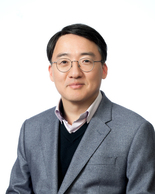
Professor Ilkyeong Moon is an eminent
researcher who has made significant contributions to the field of production
and operation management. He holds a Ph.D. in Operation Research from Columbia
University in the United States of America, and he is currently a professor at
the Department of Industrial Engineering at Seoul National University in Korea.
He published over 160 papers in international journals and showed excellent
research ability with an h-index of 49, highlighting the impact and
significance of his academic contributions. In recognition of his exceptional
achievements, he was awarded Jeongheon Academic Award by the Korean Institute
of Industrial Engineers in 2013, a distinguished recognition for a member with
the most outstanding performance. Additionally, he won the Seoul National
University Research Award in 2018, the most prestigious prize in the
university. He had been the president of the Korean Institute of Industrial
Engineers from 2019 to 2020 and currently serves as a board member of the
International Foundation of Production Research and is a fellow of the Asia
Pacific Industrial Engineering and Management Society.
Korean manufacturing
practices
Smart manufacturing, the fourth revolution in manufacturing sector, enhances the efficiency and flexibility of production operations and supports optimized decision-making in real-time through the integration of various cutting-edge technologies, such as the Internet of Things (IoT), big data analytics, artificial intelligence, and automation. Some leading Korean manufacturing companies have achieved significant improvements in productivity, quality, and cost-effectiveness by adopting smart manufacturing.
This keynote speech presents an overview of Korean smart manufacturing, highlighting its intelligent production systems and data-driven decision-making processes. Additionally, this speech will introduce the case studies of the collaborative efforts between academia and industry to foster innovation in manufacturing practices. These cases show how Korean companies utilized data in production and operation management, resulting in increased competitiveness and sustainable growth. In conclusion, this speech will inspire both researchers and practitioners to explore the full potential of technology-driven innovation in the manufacturing industry.

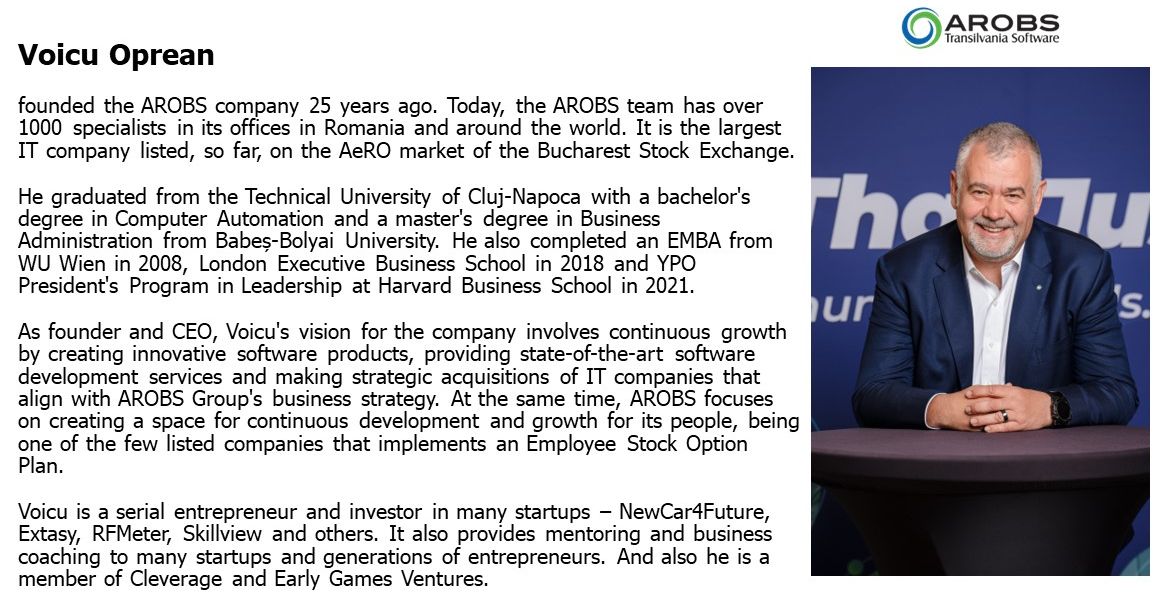
Panel moderator: Dorin Domuța, Technical University of Cluj-Napoca
Outline of the conference program
IFPR Executive Board (invitation only) Saturday, 22 July, 2023
IFPR Board (invitation only) Sunday 23 July, 2023
Conference Reception Sunday 23 July, 2023
Official Opening & Keynotes Monday 24 July, 2023
Technical Sessions & Panels 24-27 July, 2023
Closing Ceremony Thursday 27 July, 2023
Technical Tours Thursday 27 July, 2023
Social Tours 27-28 July, 2023
